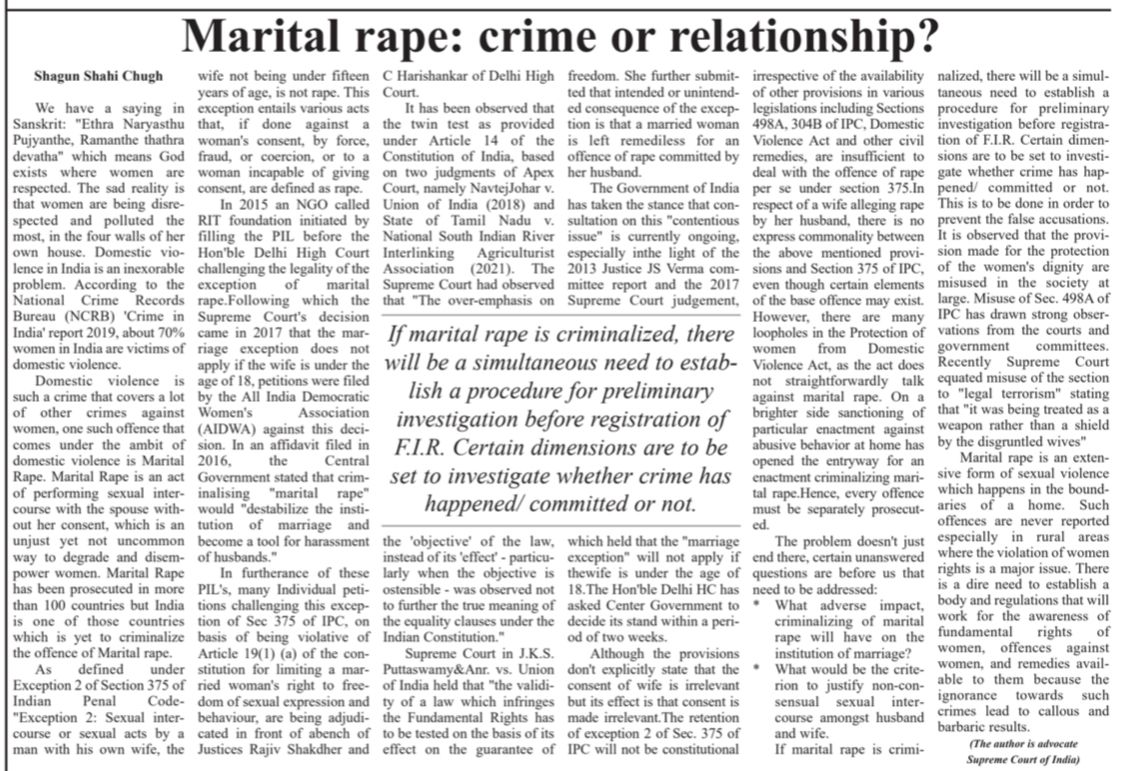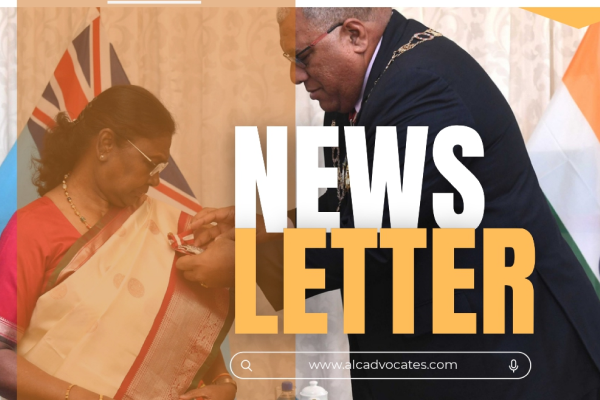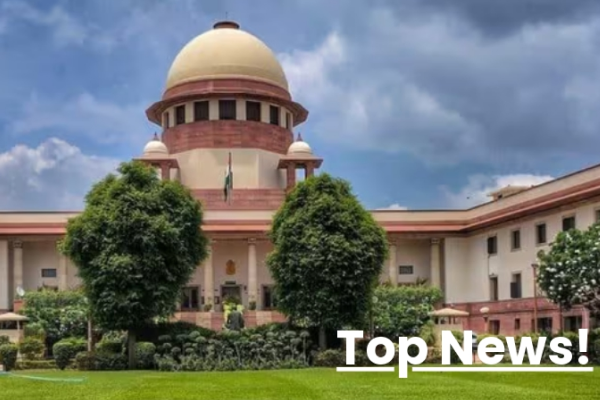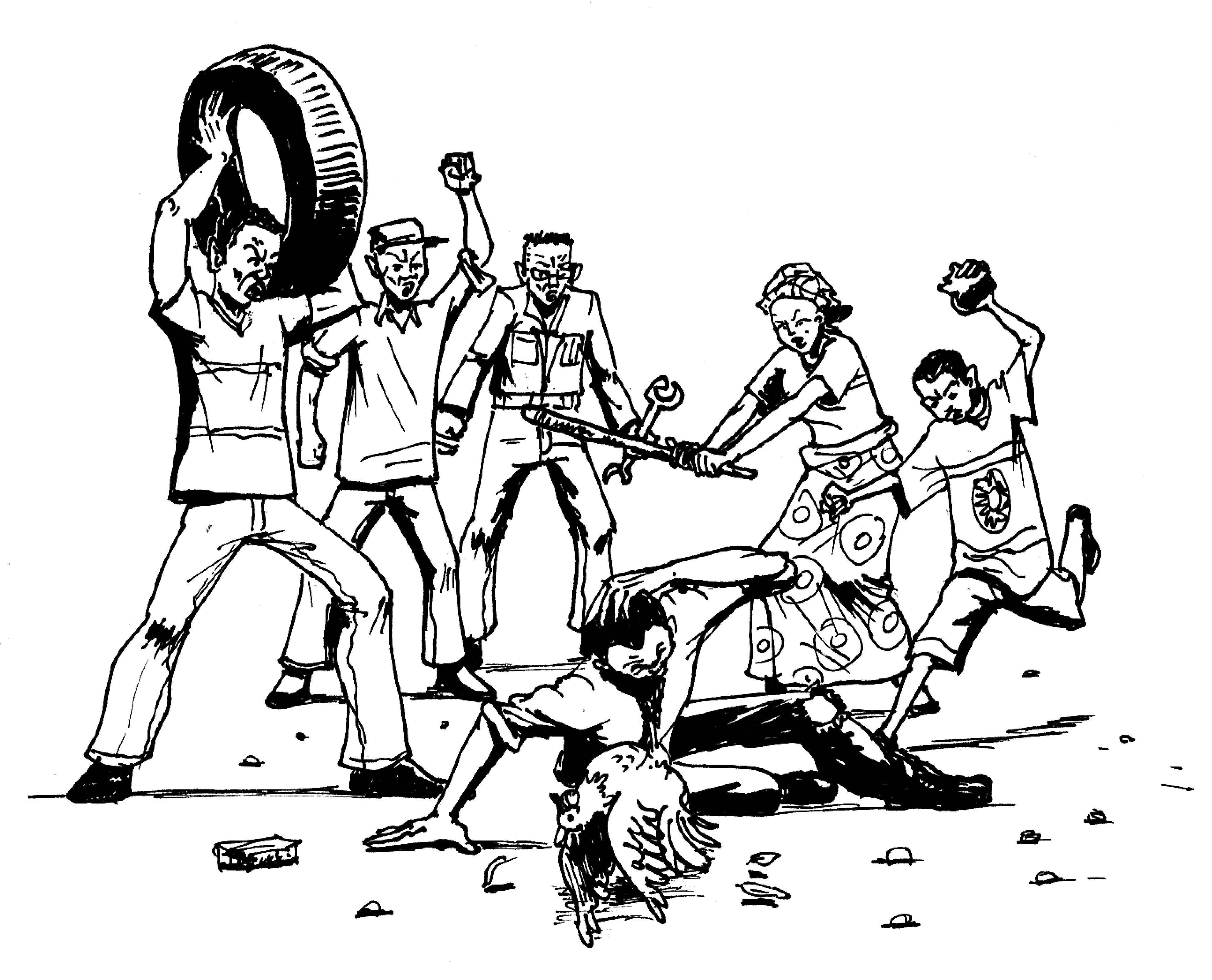
March 15, 2022
Shagun Shahi Chugh
Marital rape: crime or relationship?
We have a saying in Sanskrit: “Ethra Naryasthu Pujyanthe, Ramanthe thathra devatha” which means God exists where women are respected. The sad reality is that women are being disrespected and polluted the most, in the four walls of her own house. Domestic violence in India is an inexorable problem. According to the National Crime Records Bureau (NCRB) ‘Crime in India’ report 2019, about 70% women in India are victims of domestic violence.
Domestic violence is such a crime that covers a lot of other crimes against women, one such offence that comes under the ambit of domestic violence is Marital Rape. Marital Rape is an act of performing sexual intercourse with the spouse without her consent, which is an unjust yet not uncommon way to degrade and disempower women. Marital Rape has been prosecuted in more than 100 countries but India is one of those countries which is yet to criminalize the offence of Marital rape.
As defined under Exception 2 of Section 375 of Indian Penal Code- “Exception 2: Sexual intercourse or sexual acts by a man with his own wife, the wife not being under fifteen years of age, is not rape. This exception entails various acts that, if done against a woman’s consent, by force, fraud, or coercion, or to a woman incapable of giving consent, are defined as rape.
In 2015 an NGO called RIT foundation initiated by filling the PIL before the Hon’ble Delhi High Court challenging the legality of the exception of marital rape.Following which the Supreme Court’s decision came in 2017 that the marriage exception does not apply if the wife is under the age of 18, petitions were filed by the All India Democratic Women’s Association (AIDWA) against this decision. In an affidavit filed in 2016, the Central Government stated that criminalising “marital rape” would “destabilize the institution of marriage and become a tool for harassment of husbands.”
In furtherance of these PIL’s, many Individual petitions challenging this exception of Sec 375 of IPC, on basis of being violative of Article 19(1) (a) of the constitution for limiting a married woman’s right to freedom of sexual expression and behaviour, are being adjudicated in front of abench of Justices Rajiv Shakdher and C Harishankar of Delhi High Court.
It has been observed that the twin test as provided under Article 14 of the Constitution of India, based on two judgments of Apex Court, namely NavtejJohar v. Union of India (2018) and State of Tamil Nadu v. National South Indian River Interlinking Agriculturist Association (2021). The Supreme Court had observed that “The over-emphasis on the ‘objective’ of the law, instead of its ‘effect’ – particularly when the objective is ostensible – was observed not to further the true meaning of the equality clauses under the Indian Constitution.”
Supreme Court in J.K.S. Puttaswamy&Anr. vs. Union of India held that “the validity of a law which infringes the Fundamental Rights has to be tested on the basis of its effect on the guarantee of freedom. She further submitted that intended or unintended consequence of the exception is that a married woman is left remediless for an offence of rape committed by her husband.
The Government of India has taken the stance that consultation on this “contentious issue” is currently ongoing, especially inthe light of the 2013 Justice JS Verma committee report and the 2017 Supreme Court judgement, which held that the “marriage exception” will not apply if thewife is under the age of 18.The Hon’ble Delhi HC has asked Center Government to decide its stand within a period of two weeks.
Although the provisions don’t explicitly state that the consent of wife is irrelevant but its effect is that consent is made irrelevant.The retention of exception 2 of Sec. 375 of IPC will not be constitutional irrespective of the availability of other provisions in various legislations including Sections 498A, 304B of IPC, Domestic Violence Act and other civil remedies, are insufficient to deal with the offence of rape per se under section 375.In respect of a wife alleging rape by her husband, there is no express commonality between the above mentioned provisions and Section 375 of IPC, even though certain elements of the base offence may exist. However, there are many loopholes in the Protection of women from Domestic Violence Act, as the act does not straightforwardly talk against marital rape. On a brighter side sanctioning of particular enactment against abusive behavior at home has opened the entryway for an enactment criminalizing marital rape.Hence, every offence must be separately prosecuted.
The problem doesn’t just end there, certain unanswered questions are before us that need to be addressed:
* What adverse impact, criminalizing of marital rape will have on the institution of marriage?
* What would be the criterion to justify non-consensual sexual intercourse amongst husband and wife.
If marital rape is criminalized, there will be a simultaneous need to establish a procedure for preliminary investigation before registration of F.I.R. Certain dimensions are to be set to investigate whether crime has happened/ committed or not. This is to be done in order to prevent the false accusations. It is observed that the provision made for the protection of the women’s dignity are misused in the society at large.
Misuse of Sec. 498A of IPC has drawn strong observations from the courts and government committees. Recently Supreme Court equated misuse of the section to “legal terrorism” stating that “it was being treated as a weapon rather than a shield by the disgruntled wives”
Marital rape is an extensive form of sexual violence which happens in the boundaries of a home. Such offences are never reported especially in rural areas where the violation of women rights is a major issue. There is a dire need to establish a body and regulations that will work for the awareness of fundamental rights of women, offences against women, and remedies available to them because the ignorance towards such crimes lead to callous and barbaric results.
(The author is advocate
Supreme Court of India)





